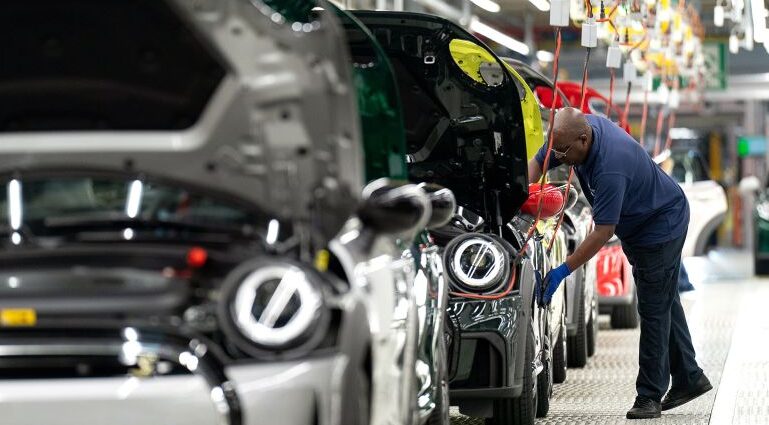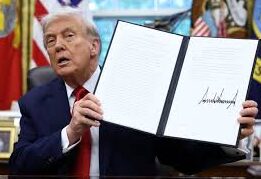BMW, Jaguar Land Rover, Nissan, and Toyota privately warned the UK government that strict electric vehicle sales rules could threaten thousands of jobs and cost them hundreds of millions of pounds, newly released documents show.
The four companies lobbied against the zero-emission vehicle (ZEV) mandate, which requires carmakers to sell a growing share of electric cars each year or face heavy fines. The mandate was introduced by the previous Conservative government, but Labour softened the rules in April after industry pressure.
The lobbying documents, obtained by Fast Charge and shared with The Guardian, reveal how carmakers argued for delays despite advice from government climate advisers that weakening the rules would increase emissions.
Jaguar Land Rover warned that sticking with the original mandate would “materially damage UK producers’ ability to invest in vehicle lines.”
BMW, which makes Mini and Rolls-Royce cars in the UK, said Brexit had already made Britain less competitive for manufacturing and claimed the ZEV rules went further than similar policies in the EU or California. The German company argued the policy could threaten up to 50,000 jobs in its UK operations and supply chain.
Toyota, which runs plants in Derbyshire and Wales, said penalties could run into “hundreds of millions of pounds” per manufacturer, putting jobs and investment at risk. The company has focused heavily on hybrids and successfully pushed for UK rules to allow their sale until 2035.
Nissan, which builds cars in Sunderland, warned of “critical levels” of costs that could drain money away from UK-based electric vehicle research and development.
JLR also raised concerns over a system allowing manufacturers to buy credits from rivals that exceeded their EV targets. It argued this meant British firms were effectively subsidising competitors, particularly in China.
Campaigners say the industry is exaggerating. Ben Nelmes, CEO of New Automotive, said the fact that carmakers hit last year’s targets proves the mandate is working. “The focus should now shift to accelerating the transition,” he said.
Tom Riley, author of the Fast Charge newsletter, accused manufacturers of hypocrisy: “Carmakers love to wave the union jack when it suits them, but threatening UK jobs and investment to weaken climate policy is a cynical tactic.”
Mike Hawes, head of the industry group Society of Motor Manufacturers and Traders, defended the lobbying, arguing the EV mandate forced companies to spend billions at a time of weak consumer demand and tough global competition. Without changes, he said, the UK risked “decarbonisation at the cost of de-industrialisation.”
A BMW spokesperson said the company supports climate goals but argued that “consumers will ultimately determine the pace of transition,” while Nissan welcomed the government’s “pragmatic approach” to slower-than-expected EV take-up.






